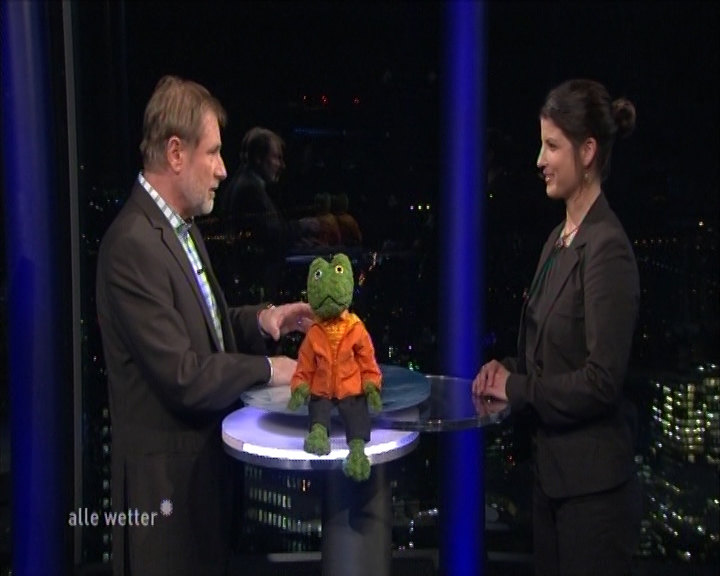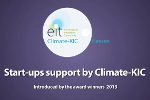Bio-Economy Platform (BIOE)
Main strategic challenge
Support the transition to a low carbon bio-based economy by developing an integrated, holistic approach across the entire value chain from feedstock production to efficient processing and conversion, and ultimately the production and marketing of bio-based products.
This will involve devising ways to efficiently produce and use biomass resources, eliminating waste all along the value chains and providing manufacturing itineraries that will provide both adequate food and all of the non-food products that are required for modern societies continued economic development.
The platform’s scope
To meet the challenges of providing food, feed, fibre and fuel for +9Bn and to ensure that the bioeconomy reaches expectations, notably with regard to climate change mitigation, future developments must target:
- improved feedstock production, optimised for both yield and sustainability
-
maximum feedstock efficiency, deriving a maximum amount of food and non-food products from crops
- maximum conversion efficiency, using minimum inputs and closing loops
-
the development and delivery to the market of “drop in” or new bio-based products with improved functionalities.
To address the above, the Bioeconomy Platform team have identified the following areas for developing flagships:
- Making the EU self-sufficient in protein
- Optimise the cereal value chain by a factor of two
- Aquatic production systems and applications
- Optimise crop choices for climate change
- Planning integrate land use



